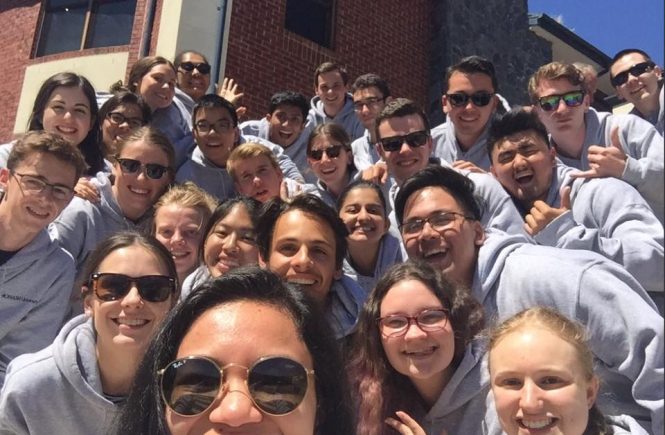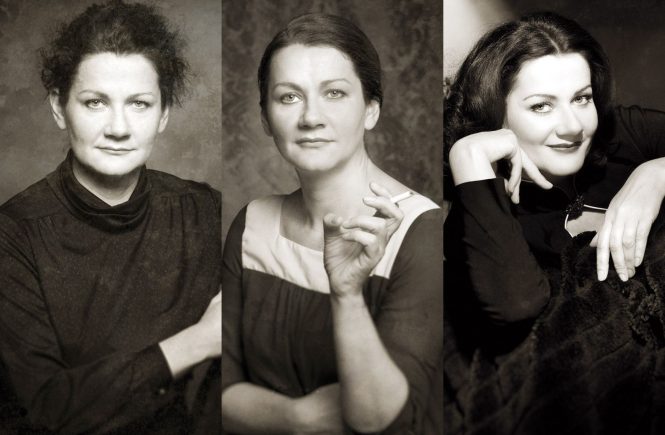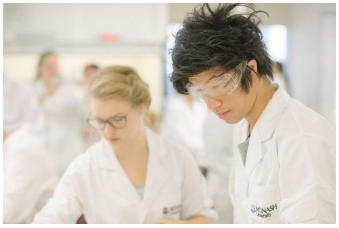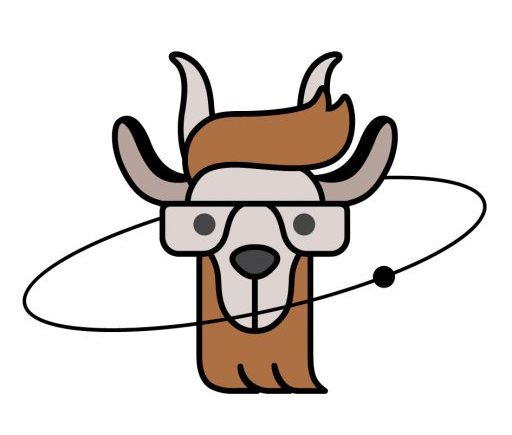Let’s Torque is a science communication organisation run by undergraduates from across Victoria! New roles are now available for 2021, requiring skills ranging from social media managing, event planning, finances and more! New members will work with current members to design workshops, host professional events and run our annual SCIENCE COMMUNICATION COMPETITION!
Available role titles for 2021 are:
Head of Let’s Torque
Head of Online Content Creation
Head of External Engagements
Head of Events
Head of Marketing
Education and Online Content Creation Coordinator
Education and Marketing Coordinator
School & University Outreach Coordinator
Let’s Torque Volunteer
Go to https://www.letstorque.org/










